A standard Interview duration is 45-50 mins Including following:
1. Questions From your CV
2. Technical, Competency Based and Situational Judgemental Questions
3. Your Line Management, Leadership and Career Motivations
This is a great opportunity to showcase your company culture and ethos to the candidate. Start by introducing yourself and any other interviewers to the candidate and explain the team structure. Give the candidate some insight into the business, perhaps the history and a brief overview of the wider business and your particular team; you can go in to as much detail as you like but this will help them picture where they will fit in to the team. This part of the interview can be relatively relaxed and should make the candidate feel at ease.
The second part of the introduction is to introduce the vacancy in order to give the candidate an idea of the position on offer and your vision. It’s up to you how much detail you give at this stage but the candidate will want to know why you are recruiting, the duties, the team structure, whether it’s temporary or permanent and whether it’s a part time or full-time position
Interview structure
After you have introduced the candidate to the interviewers, the business and the job opportunity, it’s important to set and agenda, whether it’s formal or casual does not matter but it gives the candidate a good idea as to what to expect. Things to consider are duration, the format, the types of questions you will ask, if there are any assessments etc.
Once you have asked 5-6 general questions around the candidate’s job search, motivations and skill set, it’s important to then probe further in to their skills and abilities that will determine their suitability for the vacancy. These could be either more technical questions, specific to the job. I.e. “What is your management style?” or competency based questions such as “Describe a situation in which you led a team”, or a combination of the two. These questions will really allow you to see a candidate’s strengths and weaknesses. Both this part of the interview and the general questions can be conducted in either in a conversation format or as set questions.
Always remember an interview is a 2 way questions and not an interrogation especially for the experienced hires and dot not hesitate to ask the hiring manager at leat 3 questions including company culture, next steps of the hiring process and D&I.
When you are confident that you have asked enough questions to determine the candidate’s suitability, strengths and weaknesses for your vacancy, it’s then time to give the candidate an opportunity to ask any questions they may have. Typically candidates will ask questions surrounding pay, working hours, times scales of the interview process but occasionally, candidates may ask more direct questions such as, “How did I perform in the interview, ”Have you got any reservations?” or ”Do you feel that I am lacking any skills relevant to the position”. It’s important to be honest with the candidates at this stage and to give them constructive feedback. The types and amount of questions that the candidate asks will demonstrate if they have done their research or not, and whether they are engaged in the process or not.
After the candidate has asked their questions, it’s time to bring the interview to an end. Let them know when they can expect to hear from you. You can also explain the next steps of the interview process i.e. “if successful, you will come back to meet the Managing Director” or “if successful we will ask you to complete some competency based tests”. As this is the final part, of the interview, it’s the final impression so thank them for their time with the relevant pleasantries and escort them out of the building accordingly.





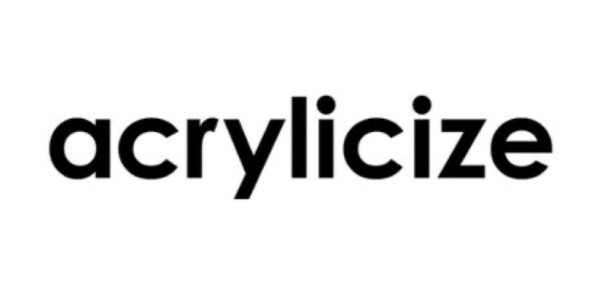
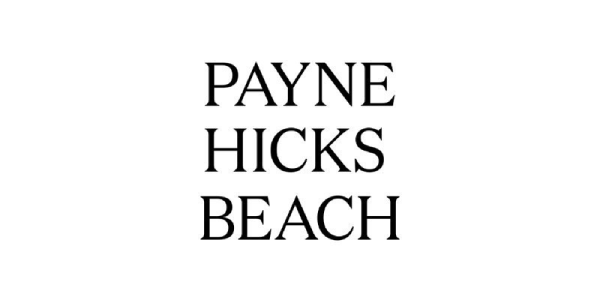
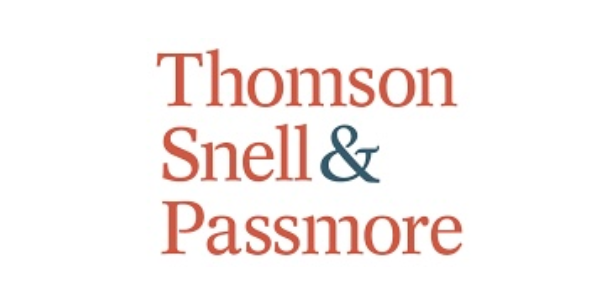

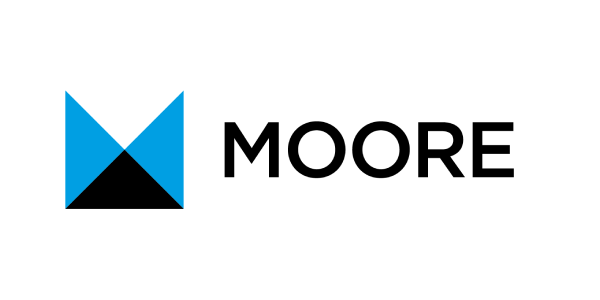
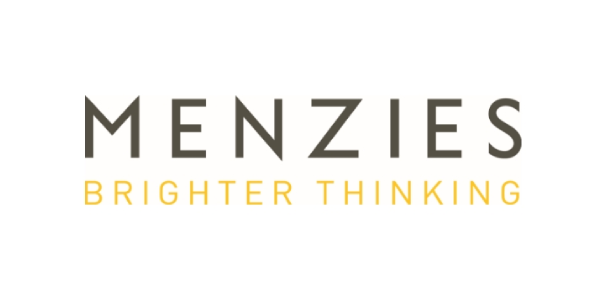
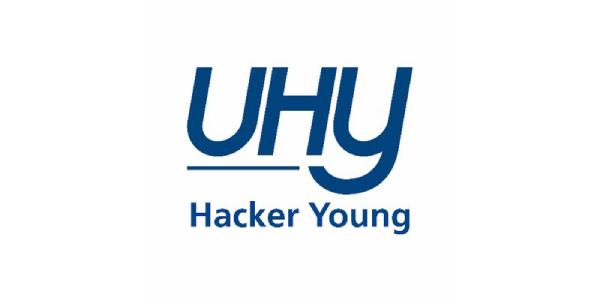


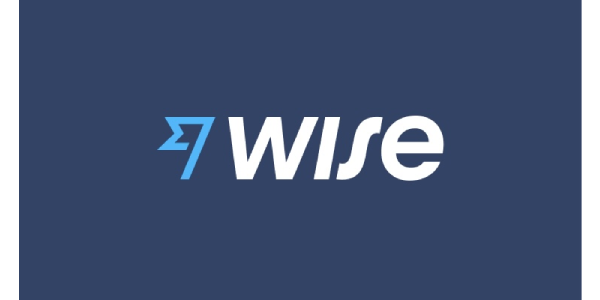
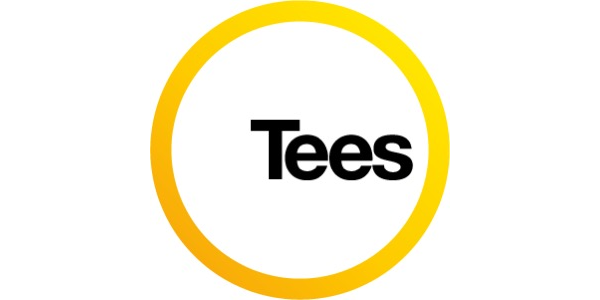

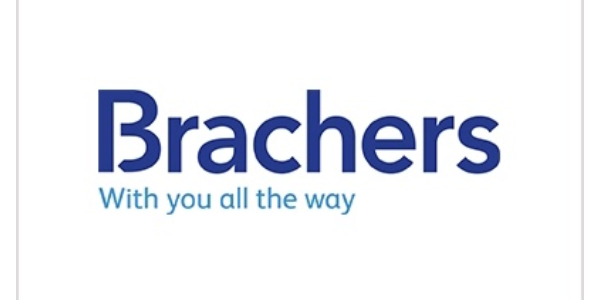
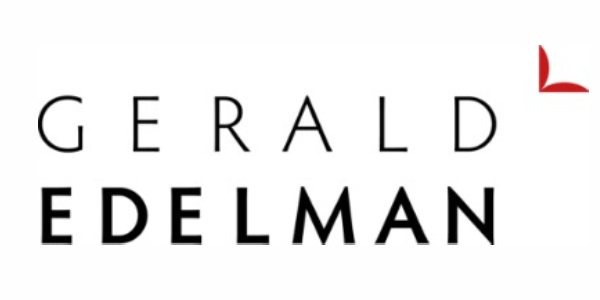
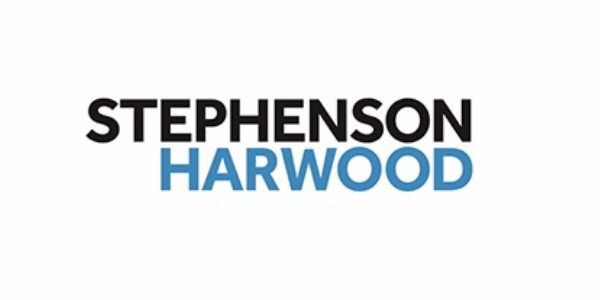

we specialise in connecting top talent with leading companies across various industries.